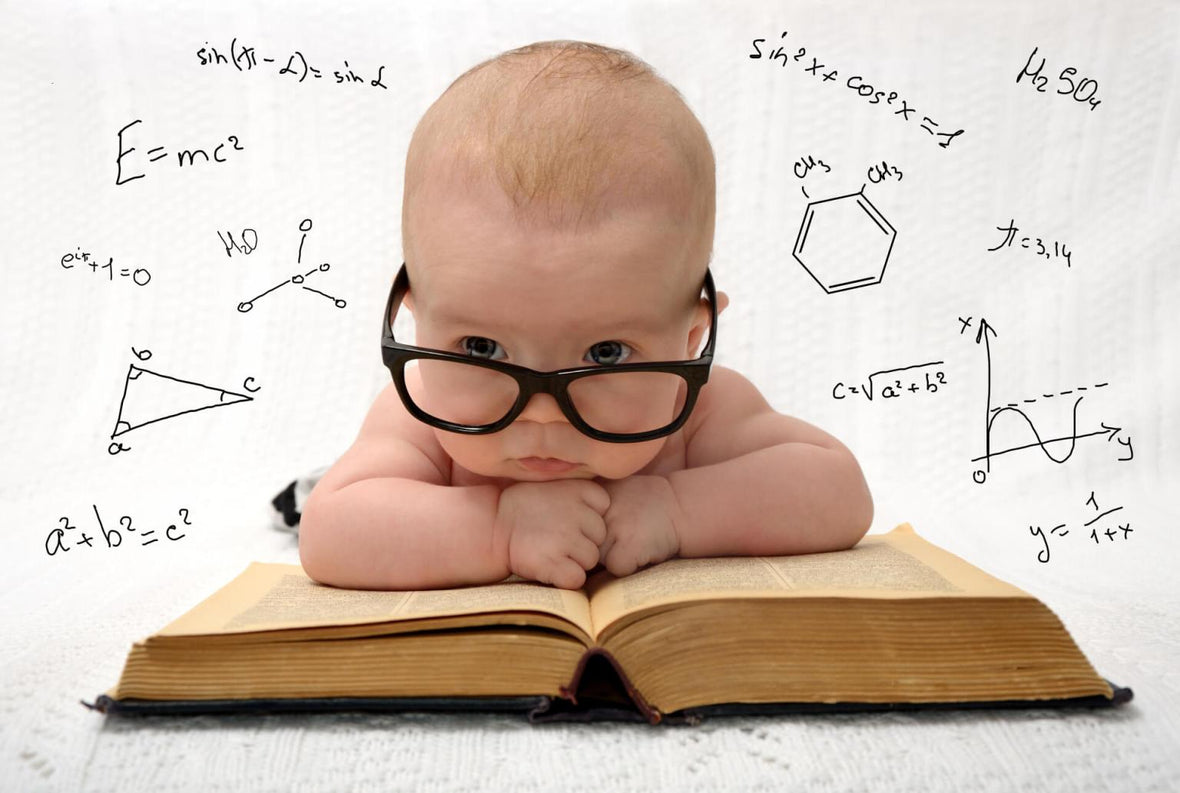
Baby leaps: When are the ‘wonder weeks’ in baby development?
Jullian Cardinale
Many parents are familiar with the term ‘wonder weeks’ as a framework for baby development. First coined in 1992 by the authors of the best-selling book Wonder Weeks, a ‘wonder week’ describes a period of significant mental development in an infant’s life, also called a baby ‘leap’. While paediatricians play a crucial role in monitoring baby development, understanding when the various developmental leaps take place and how they affect a baby’s experience can help parents support their baby effectively at every stage.
So, here’s a brief guide to baby leaps and when the ‘wonder weeks’ take place during an infant’s development.
Are baby leaps just growth spurts?
No. Baby leaps are different to growth spurts because they refer primarily to mental development. Growth spurts typically only refer to physical development.
What are baby leaps?
It is believed that baby leaps are accomplished after ‘wonder weeks’, i.e. peak periods of physical and mental development. These rapid developmental periods are often characterised by changes in behaviour, particularly becoming frustrated, clingy or anxious. These changes can be confusing and stressful for parents – especially when they don’t understand what’s upsetting their baby.
When are the ‘wonder weeks’?
‘Wonder weeks’ take place throughout a child’s first year and a half of life, up to around 20 months. In The Wonder Weeks, authors Drs. Frans Plooij and Hetty van de Rijt called upon their backgrounds in educational psychology, physical anthropology and behavioural biology to discern ten key stages of mental development in babies.
These changes are believed by Plooij and Rijt to take place at 5, 8, 12, 17, 26, 36, 44, 53, 64 and 75 weeks old.
Examples of baby leaps
According to The Wonder Weeks, the first mental leap relates to sensory experience.
Mental leap #1
In their first five weeks of life, babies are bombarded with new sensations – textures, sounds, sights and smells – and as their body and brain develops, they become both more alert to them and bewildered by them.
Mental leap #5

At around 26 weeks of age, babies begin to understand the relationships between things in their world, such as distance. This discovery can be frustrating for babies: they want their toy, but it’s below their high chair on the floor. They want their dad, but he’s left the room through a door behind them.
The Wonder Weeks also has an app where parents can connect through experiences while weathering the challenges that come with baby leaps.
Looking for the perfect gift to help your friend celebrate every baby leap milestone? See our range of milestone cards here.


